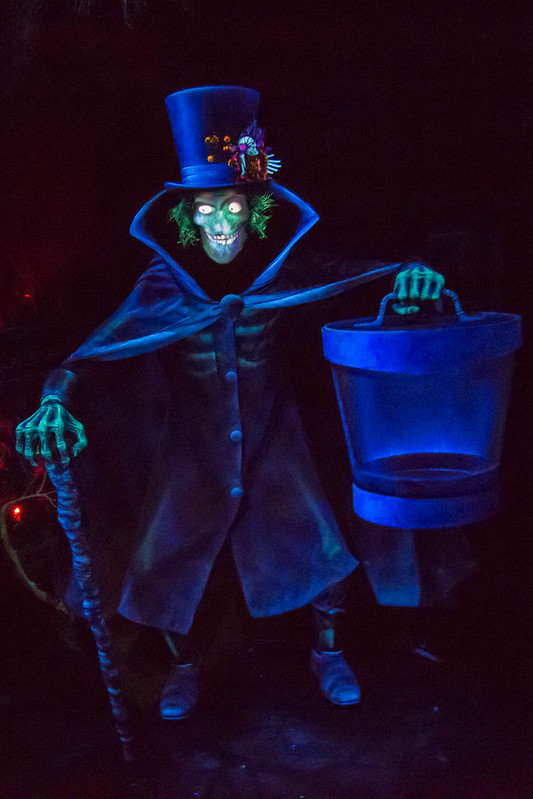zackiedawg
WEDway Peoplemover Rider
- Joined
- Aug 5, 2008
There's another aspect to the convenience of a mirrorless system often lost in all the discussion about weight...and that's bulk. Even when comparing a small entry level DSLR that is very light and makes the comparison to a mirrorless seem much closer - I also take into consideration that a mirrorless like the A6xxx series is extremely thin compared to any DSLR...so even with weights being the same, the A6xxx remains more 'packable' into small space - smaller bags in general can be used even with the same size lenses, because the thinness of the body allows it to fit into a slot or recess in a bag that would normally be reserved for a lens. The rather bulky 'square' shape of a DSLR, due to the mirror box and fat registration distance will take up more room in a bag and even with a basic kit lens or two lenses, will need a bigger bag to carry. I shoot with both a DSLR sized system and a mirrorless system - and even if I consider the same size lenses, I can always squeeze my A6300 into a smaller bag or bring more lenses along in the same sized bag. So don't consider only weight - but also bulk and volume.
 A Christmas Fantasy
A Christmas Fantasy Kit Lens Yeti
Kit Lens Yeti Hat Box Ghost
Hat Box Ghost The Old Hag
The Old Hag